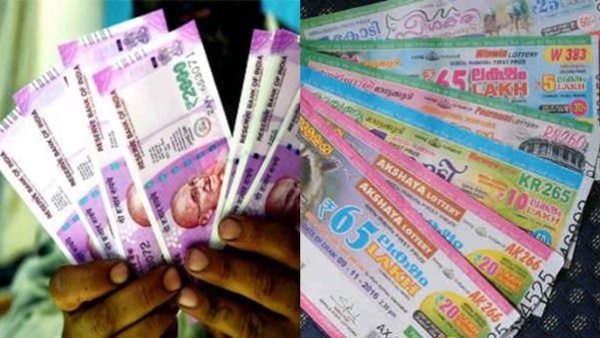The lottery has long been a staple of gambling and fundraising across the globe, with its origins tracing back to ancient civilizations. From simple community raffles to multi-billion-dollar international jackpots, lotteries have evolved significantly over the centuries. This article delves into the fascinating history, technological advancements, and socio-economic impacts of modern pengeluaran macau, offering a comprehensive look at how they have become a dynamic and integral part of contemporary culture.
Historical Context
The concept of lottery dates back to ancient China, where it was used to fund major projects such as the Great Wall. The Greeks and Romans also utilized lotteries for various purposes, including entertainment and public distribution of goods. During the Renaissance, lotteries were formalized in Europe as a means of raising funds for public projects and charitable causes.
The modern lottery as we know it began to take shape in the 20th century, with many countries introducing state-sponsored lotteries to generate revenue. The evolution of these lotteries reflects broader societal changes, such as increased access to technology and shifts in public attitudes toward gambling.
Technological Advancements
The lottery’s transformation has been profoundly influenced by advancements in technology. Traditional paper-based tickets have given way to digital formats, allowing players to participate via online platforms. This shift has made lotteries more accessible to a global audience, significantly expanding their reach and impact.
- Online Lotteries: The advent of the internet revolutionized lottery participation. Online platforms enable players to buy tickets, check results, and claim winnings from the comfort of their homes. This convenience has contributed to the growing popularity of online lotteries, which often feature innovative game formats and increased prize pools.
- Mobile Technology: With the rise of smartphones, mobile lottery apps have become a common way for players to engage with their favorite games. These apps offer features such as push notifications for jackpot updates and easy ticket management, enhancing the overall user experience.
- Blockchain Integration: Some modern lotteries are exploring blockchain technology to ensure transparency and fairness. Blockchain provides a decentralized ledger that records transactions and draws, reducing the risk of fraud and increasing player trust.
Economic and Social Impact
The economic implications of lotteries are significant. They generate substantial revenue for governments and support various public initiatives. Funds raised through lotteries often contribute to education, healthcare, and infrastructure projects, providing a valuable source of income for community development.
However, lotteries also have their critics. Concerns about their impact on vulnerable populations and their potential to foster gambling addiction are important considerations. Efforts to address these issues include implementing responsible gambling measures and using a portion of lottery proceeds for addiction prevention and support services.
The Future of Lotteries
As technology continues to advance, the future of lotteries promises to be dynamic and innovative. We can expect further integration of digital and mobile technologies, as well as the potential for new game formats and international collaborations. Additionally, there will likely be an increased focus on responsible gambling practices and ensuring that the benefits of lotteries are distributed equitably across society.
